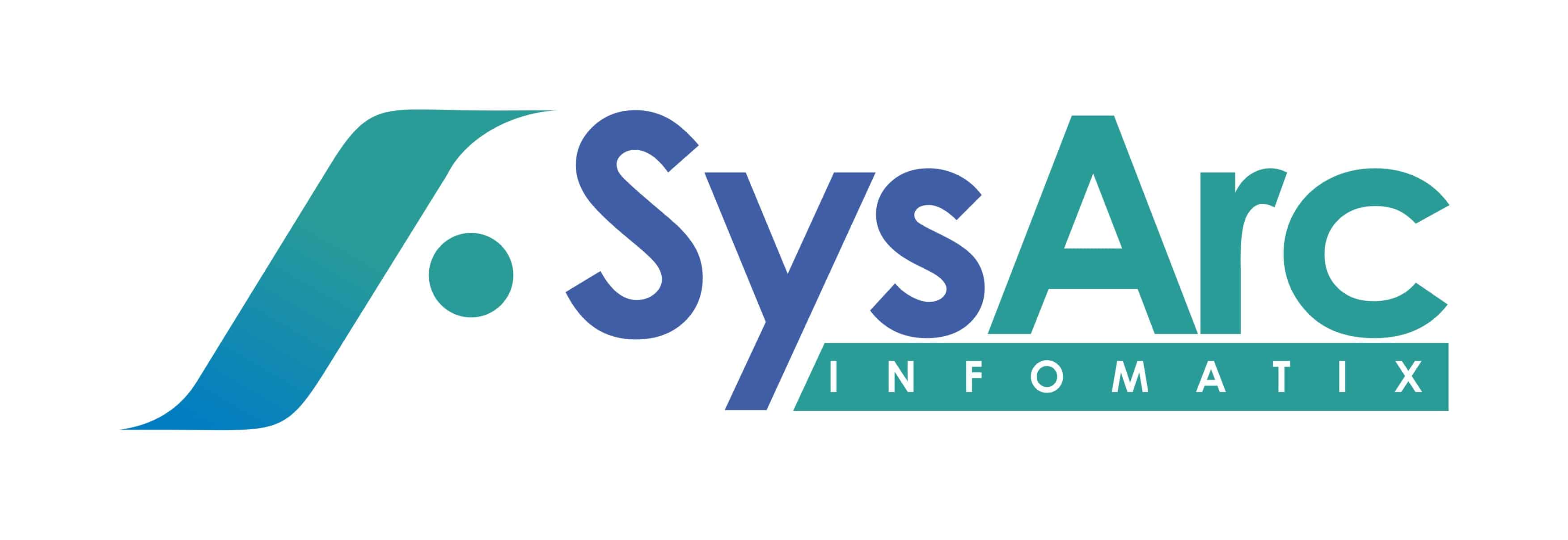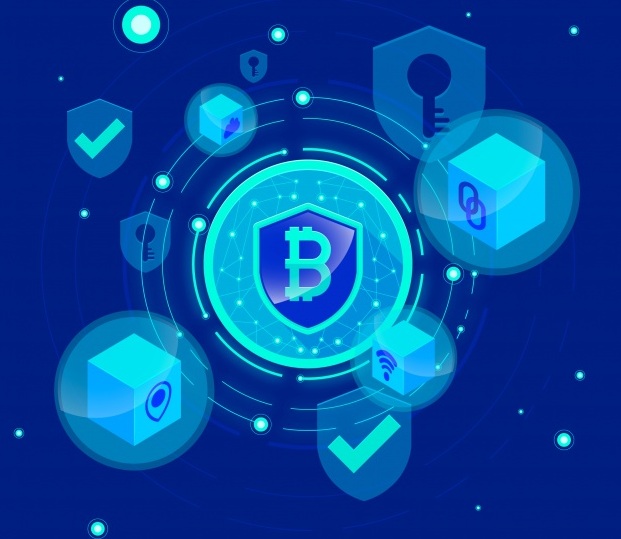Decentralized finance and the banking industry
“Absolute power corrupts absolutely.” — Lord Actor, British historian.
Today’s financial world has become too centralized, which has resulted in a few enjoying all the privileges, and many left out of the system. The resulting unrest has birthed a revolution in the making, an antithesis to centralized finance, named aptly as ‘decentralized finance’.
Here comes the explainer
Let us see what’s the difference. In traditional economies, money is produced out of thin air by central banks, who further control how it is lent, by controlling repo rates, interest rates, margins, and such. Despite being in existence for several centuries, central banks have failed in several fronts, especially towards serving the poor. India is today home to the second largest unbanked population only after China. A whopping 190 million Indians still do not have access to banks or loans, despite the government’s push towards digitalization of identities and direct benefits transfer.
Also, centralized finance tends to get biased, as people who desperately need money are also the least qualified to receive them, as low credit scores, unemployment, homelessness and other such ‘uprooting’ factors snatch away the ability for a vast number of Indians to hold bank accounts. Poverty is indeed a vicious cycle. Also, because of the same ‘untrustworthiness’ scores, banks are not able to lend to the poor and the unbanked, maintaining and widening the gap.
DeFi and its apparent mission
This is the gap that decentralized finance, also referred to as DeFi, seeks to fill. In contrast to today’s economy, DeFi allows for a completely decentralized system and places the power in the hands of individual people in absolute terms.
At the heart of DeFi is the principle of blockchain technology, which is a distributed ledger system that replicates information and stores it equitably across all those in the network. In other words, every transaction that happens in the network is recorded as ‘blocks’ and added to the chain of records maintained by each and everyone in the system. No chance of cheating or fudging records! If everyone knows everything, can there be secrets? Trust rules by default. That is DeFi for you.
DeFi’s construction enables transparency, security and anonymity. More importantly, DeFi does not need regulation or a third-party validation. DeFi creates a self-fulfilling peer-to-peer network. Bitcoin is only one example of the many possibilities of DeFi. Unlike the RBI-controlled Rupee or the Federal Reserve-controlled Dollar, the Bitcoin exists as data in numerous computers across the globe.
DeFi and the banking industry
DeFi allows for a low-cost alternative for lending, as there is no need for credit scores, a KYC protocol, or any other control mechanism. A DeFi system allows a borrower to directly connect with a lender and eliminates credit checking. According to Siddharth Verma, cofounder of Mumbai-based crypto-assets trading firm Nuo Network, “DeFi doesn’t discriminate between the haves and the have-nots, or the rich and the poor.”
In today’s post-Covid world where there is a dire need for loans everywhere, especially at the lower half of the pyramid, loans are hard to come by. A NASSCOM survey revealed that 70 percent of all Indian startups have funds to last them only for the next three months. Smaller businesses are even more vulnerable, as they are days away from absolute bankruptcy. “SMEs are the heart of India, but they have the least access to capital,” says Sahit Dewan, cofounder of Harmony Protocol, a blockchain startup.
Governments are warming up to DeFi
Though DeFi is in its infancy, and drew the ire of establishments initially, governments are warming up to its potential. The fact that only a few billions are floating around the blockchains, versus the trillions-heavy traditional financial systems has not been a deterrent. One of the most vocal early critics of Bitcoin, JP Morgan Chase’s CEO Jamie Dimon also became the first to adopt the technology at such a big scale, through JPM Coin.
It is therefore, only a matter of time for the power of DeFi in making a truly socialistic and far-reaching impact in the world. With instant settlements, its ability to collateralize digital assets, potential for standardization, and the absence of credit checks, decentralized finance is for sure headed towards a bold and fearless future.

